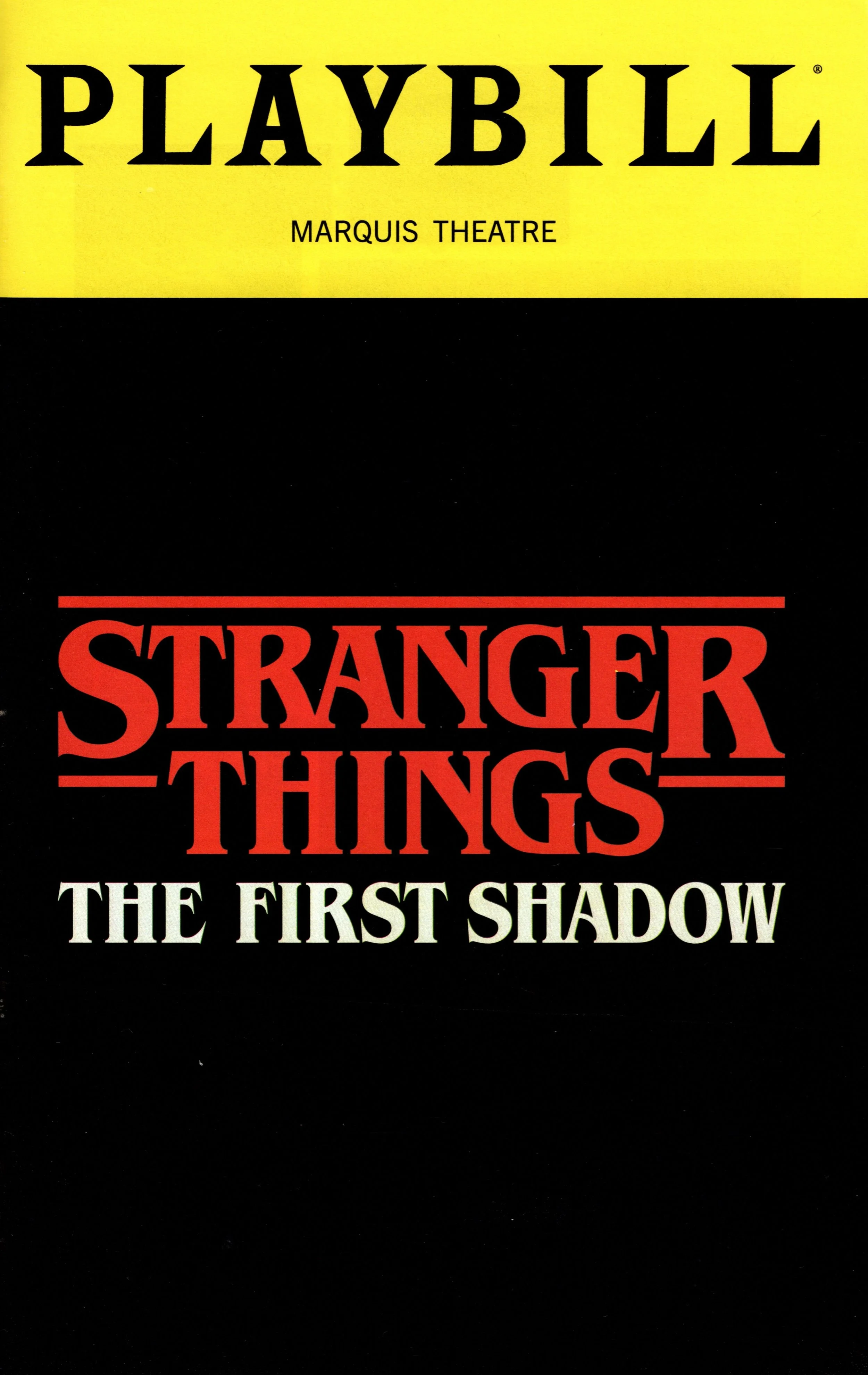Stranger Things: The First Shadow
Overall Rating: B-
Full disclosure: I have never seen a single episode of Stranger Things. This made it onto my list because of the show’s technical sweep at the Tonys for Scenic Design, Lighting Design, and Sound Design, along with a special award for Illusions and Technical Effects. On that front, it more than succeeds.
Stranger Things: The First Shadow has the dark undertones of Carrie, the camp of High School Musical, and the large-scale wizardry of Harry Potter and the Cursed Child. The show opens out at sea in a remote location. It is intentionally disorienting, starting in what feels like the middle of the story. A shipwreck, gunshots, chaos, and some sort of alien creature fill the stage as it becomes fully enveloped in smoke.
From there, we meet Henry Creel (Louis McCartney), a high school student who is not quite like the other kids. He exhibits abilities linked to electricity, and we learn that he has transferred here due to an incident at his previous school. His parents are supportive, but completely incapable of helping him in any meaningful way.
We are then introduced to a cast of characters that includes the ambitious theater director Joyce Maldonado (Alison Jaye), his only true friend Patty Newby (Gabrielle Nevaeh), and many of their parents. Much of the show’s camp comes from the students preparing their production. It creates a cute contrast, with high schoolers focused on putting on a show while a sinister force grows around them. It helps balance the supernatural weight of Henry’s battles with his inner demons.
A key storyline follows Patty’s search for her biological mother. With Henry’s help, she succeeds, and while the journey provides entertaining scenes and fun costume changes, it sometimes feels like a tangent. In a show that already runs two hours and forty-five minutes, it is not clear that this was worth the added time.
In the second act, the camp disappears and the story becomes fully invested in the origins of Henry’s powers. Dr. Brenner (Alex Breaux) performs well as the scientist obsessed with Henry’s case. He balances care for his subject with a lifelong pursuit of the truth behind what has happened, and this creates some of the production’s strongest dramatic moments.
By the time the finale arrives, there is a real sense of satisfaction in understanding more about what was happening at Hawkins High. I will admit that it even made me want to watch the television show. Henry Creel is written with a youthful awkwardness, and Louis McCartney brings this to life with an endearing squeak to his voice that works for the character. The contrast between this and the darker moments when Henry is not fully himself makes his performance especially effective. His Tony nomination at just 22 years old is well deserved.
